Financier Zachary Karabell explains that people rely on the leading economic indicators for accurate information. But what do they convey? Where did they come from? Are the statistics keeping up as times change? Karabell offers mixed answers in this plain-English primer about the numbers that rule peoples’ and states’ economic lives. He covers their relevance, weaknesses and limits. For instance, he notes that trade statistics reflect only the end-stage manufacturing location, seriously distorting trade balances. Karabell also offers intriguing ideas for improving these crucial indicators.
The expansion and improvement of economic information have been crucial in making economics more science than philosophy. The science of economics has developed along with society’s expectations of what governments should do, making leading economic indicators extraordinarily important to public-policy decision making. Those carefully constructed numbers reflect policy makers’ priorities and their understandings of economic activities, so changes in activities change the policy questions, and the indicators' content should also change. That issue is both grand in scope and granular: for instance, should domestic work be counted as employment and output?
In the 1930s, economic crisis and a US administration that was proactive on unemployment made statistics necessary.
Booms and busts have been a part of American economic life for generations, but until the 1930s, the nation made little effort to measure unemployment, a difficult thing to define and measure. What is a full-time job? How do you account for seasonal workers or small farmers? Then the Great Depression brought unrelenting high unemployment. While Hoover...
Zachary Karabell heads global strategy at Envestnet. He’s president of River Twice Research and River Twice Capital Advisors, and the author of 12 books and a weekly column, “The Edgy Optimist.”









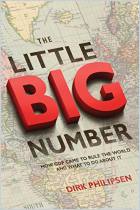
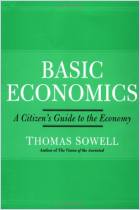
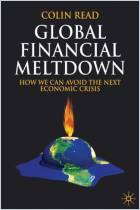
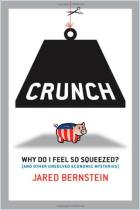

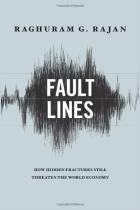






Comment on this summary or Start Discussion